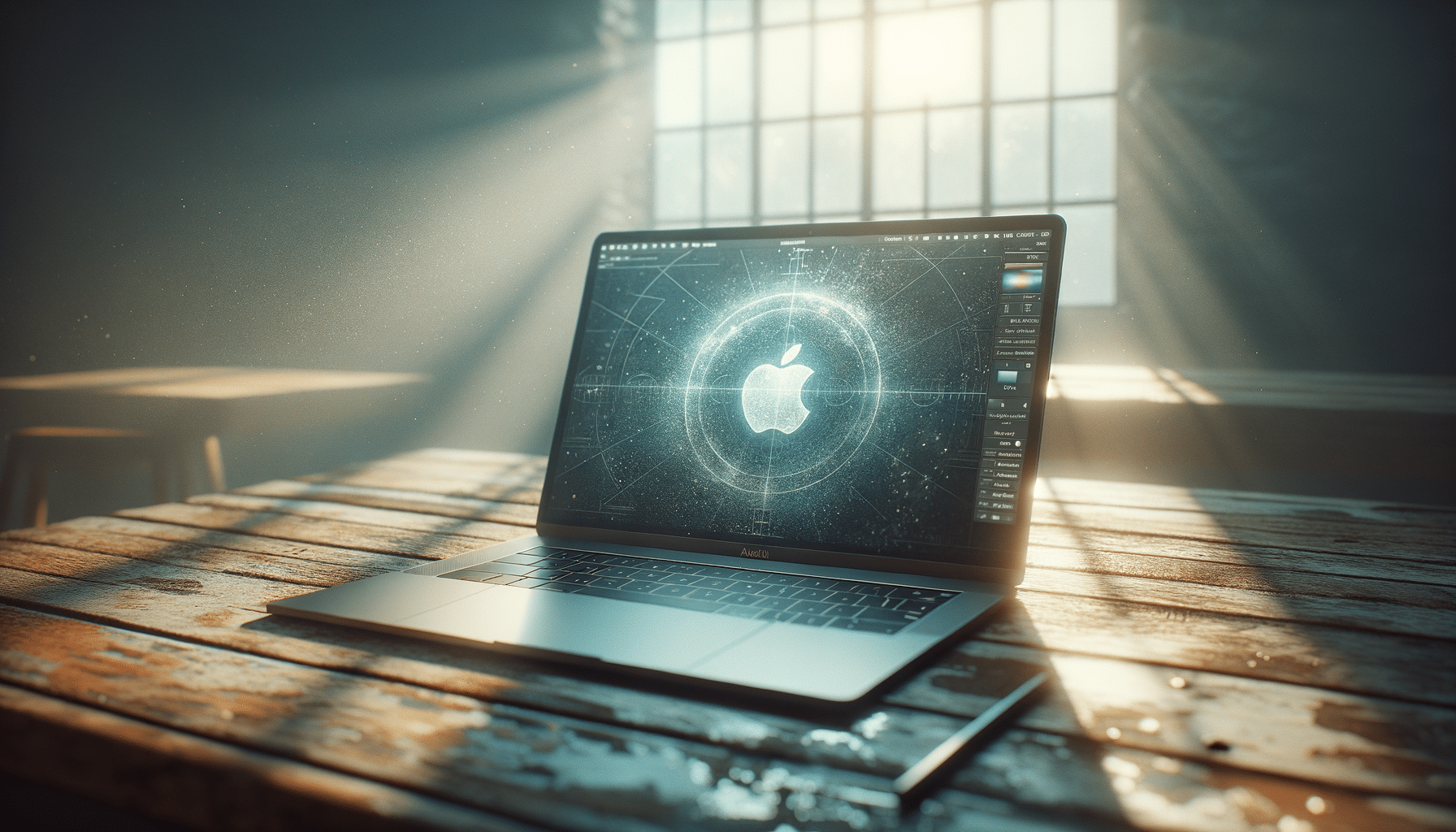
Learn about used laptop quality and environmental benefits.
Introduction: The Importance of Choosing Used Laptops
In a world where technology evolves rapidly, the demand for the latest gadgets is ever-present. Yet, the environmental impact of constantly upgrading to new devices is significant. This is where the choice of purchasing used laptops comes into play, offering a sustainable alternative that not only benefits the environment but also provides practical solutions for consumers. In this article, we explore the quality of used laptops and the environmental benefits they offer, providing insights into why they can be a smart choice for many.
Understanding the Quality of Used Laptops
When considering a used laptop, many potential buyers are concerned about the quality and performance of pre-owned devices. However, advancements in technology mean that even laptops a few years old can offer exceptional performance. Additionally, many used laptops come from corporate environments where they have been well-maintained and regularly serviced.
Quality assurance in the used laptop market is often bolstered by thorough refurbishment processes. This can include:
- Replacing faulty components such as batteries or hard drives.
- Upgrading memory and storage capacities to meet current standards.
- Performing comprehensive testing to ensure full functionality.
With these processes in place, buyers can find laptops that are not only cost-effective but also reliable. Moreover, many sellers offer warranties on used devices, providing an extra layer of security and peace of mind for consumers.
Environmental Benefits of Choosing Used Laptops
The environmental advantages of opting for used laptops are substantial. The production of new electronic devices requires significant resources, from raw materials to energy. By choosing a used laptop, consumers can help reduce the demand for new products, thereby lessening the strain on natural resources.
Some of the key environmental benefits include:
- Reduction in electronic waste, as fewer devices are discarded prematurely.
- Lower carbon footprint, since the production phase is bypassed.
- Conservation of precious metals and elements used in manufacturing new devices.
By extending the lifecycle of laptops through reuse, individuals contribute to a more sustainable and resource-efficient economy.
Economic Considerations and Savings
Beyond environmental benefits, purchasing a used laptop can lead to considerable financial savings. The depreciation of electronics is rapid, meaning that a laptop only a year or two old can be significantly cheaper than its brand-new counterpart. This provides an opportunity for consumers to access high-quality technology at a fraction of the price.
Moreover, the secondary market for laptops is robust, offering a wide variety of models and configurations. This diversity allows consumers to find a device that fits both their needs and budget perfectly. Notably, many used laptops come with upgraded features that were once premium options, making them an even more attractive deal.
Conclusion: A Smart Choice for the Future
Choosing a used laptop is not just a decision based on cost savings; it is a step towards a more sustainable future. By opting for used devices, consumers can enjoy high-quality technology while contributing to the reduction of electronic waste and the conservation of resources. This choice aligns with broader environmental goals and supports the transition to a more circular economy.
As awareness of environmental issues continues to grow, the market for used laptops is likely to expand, offering even more options for consumers. Ultimately, the decision to purchase a used laptop is a practical and responsible choice that benefits both the planet and the wallet.


